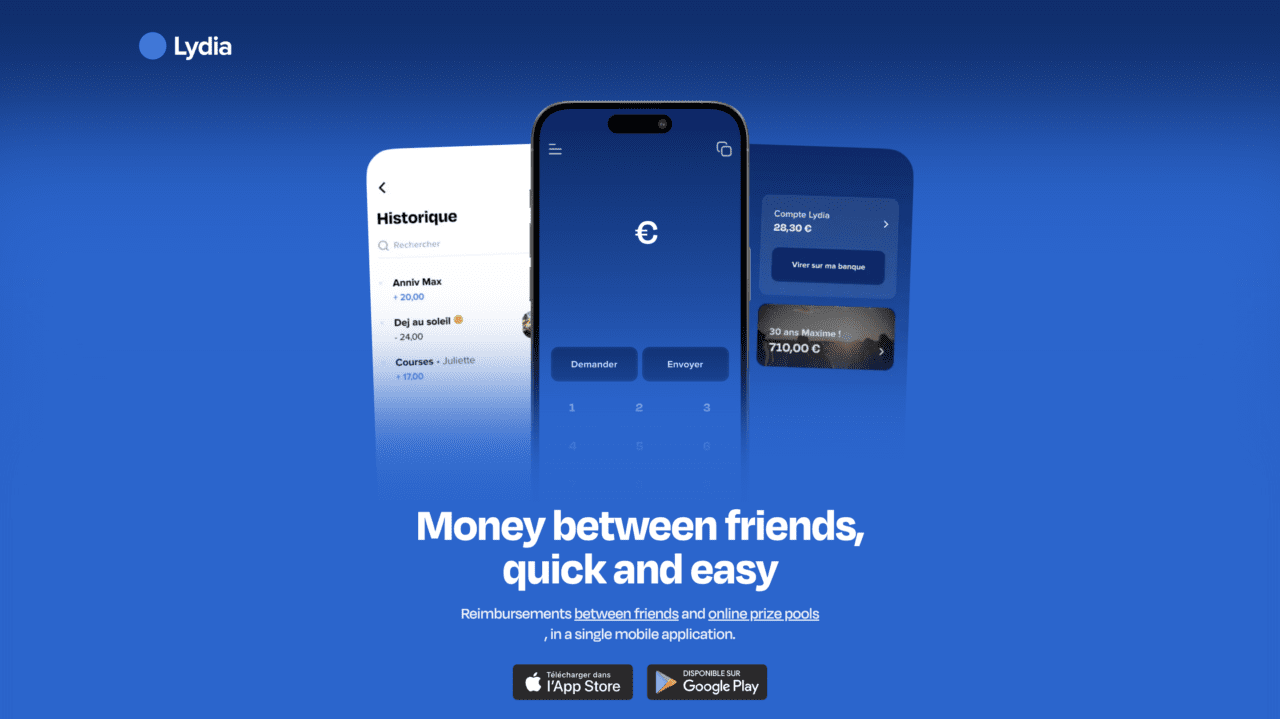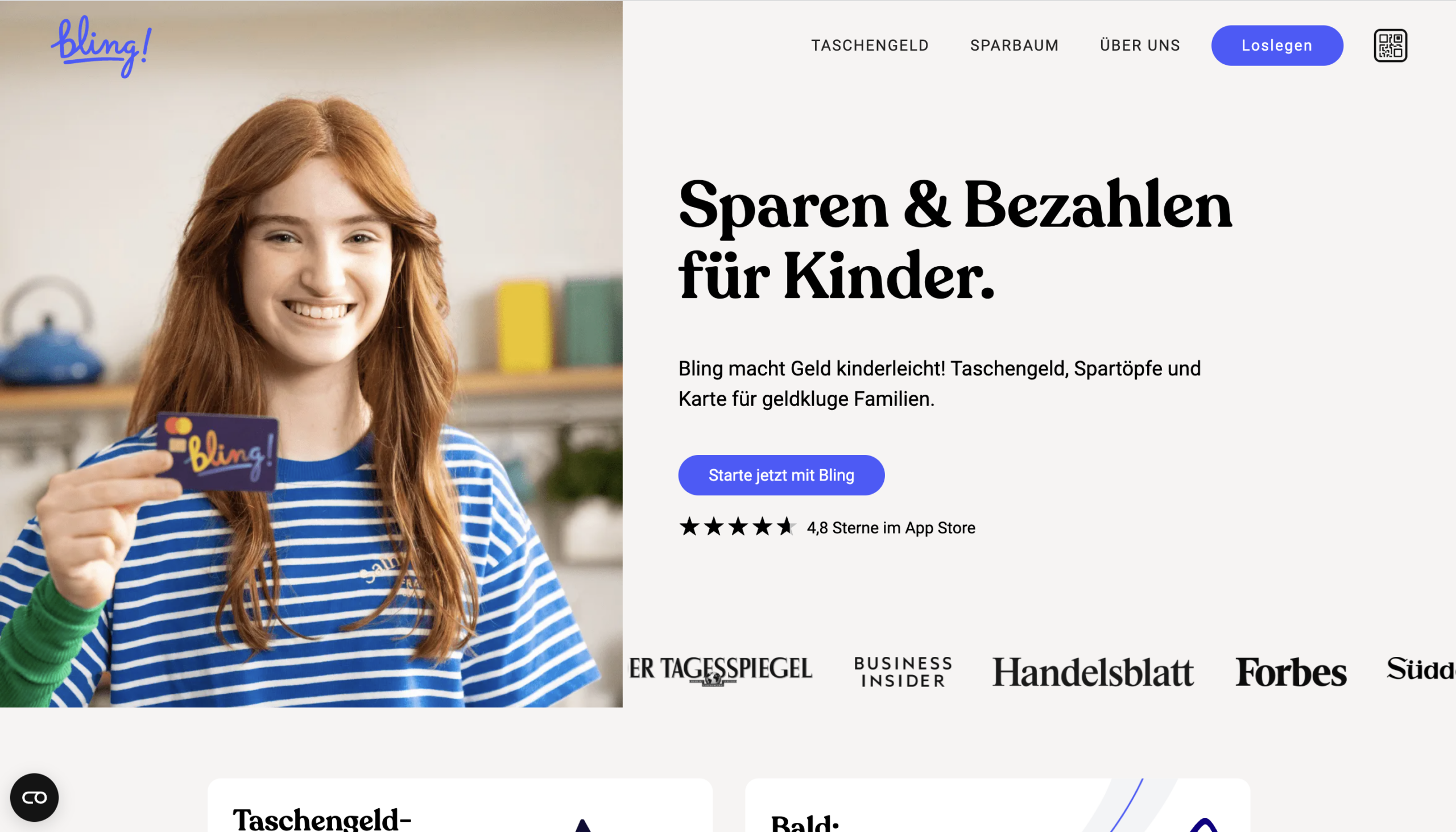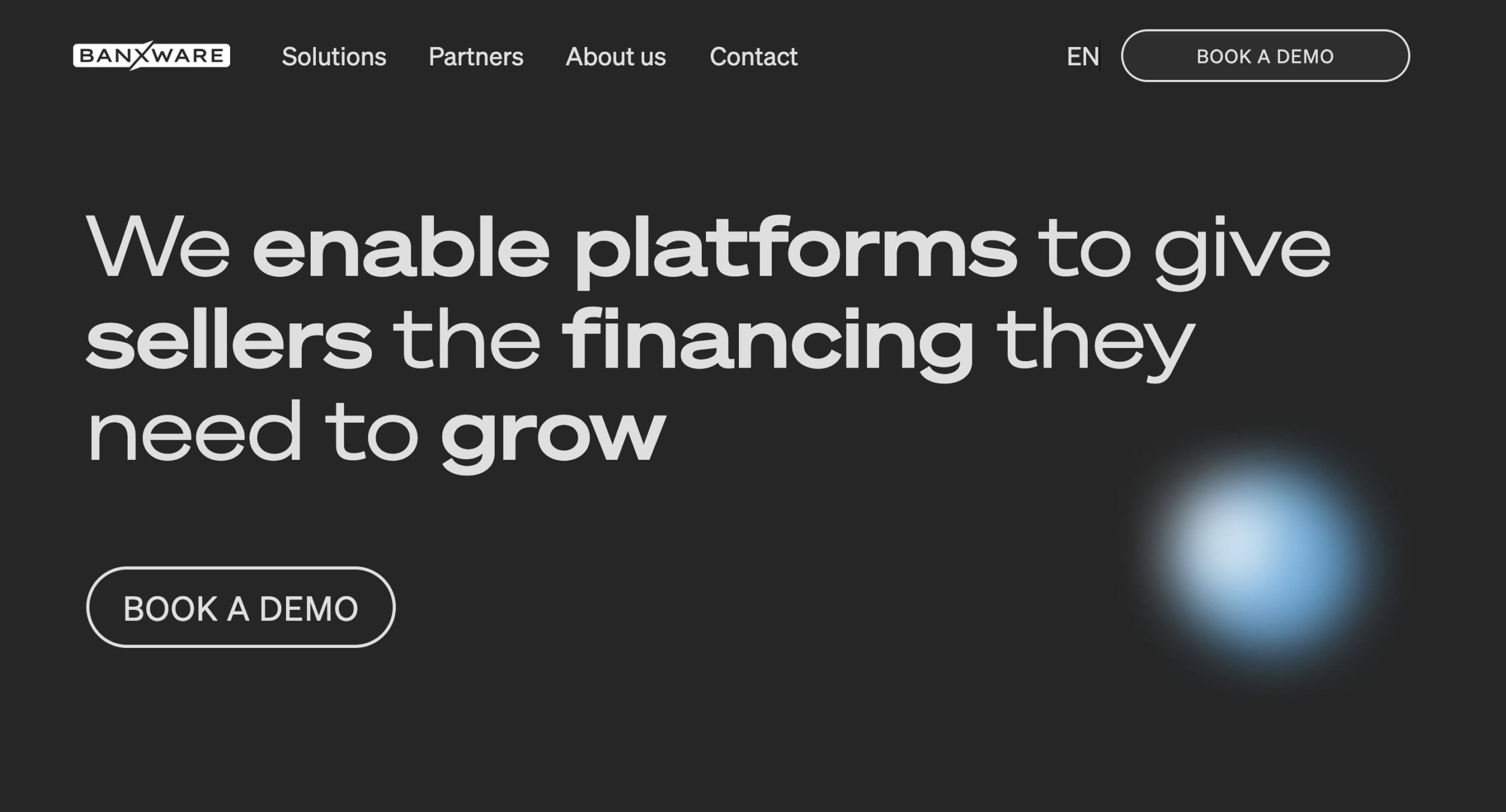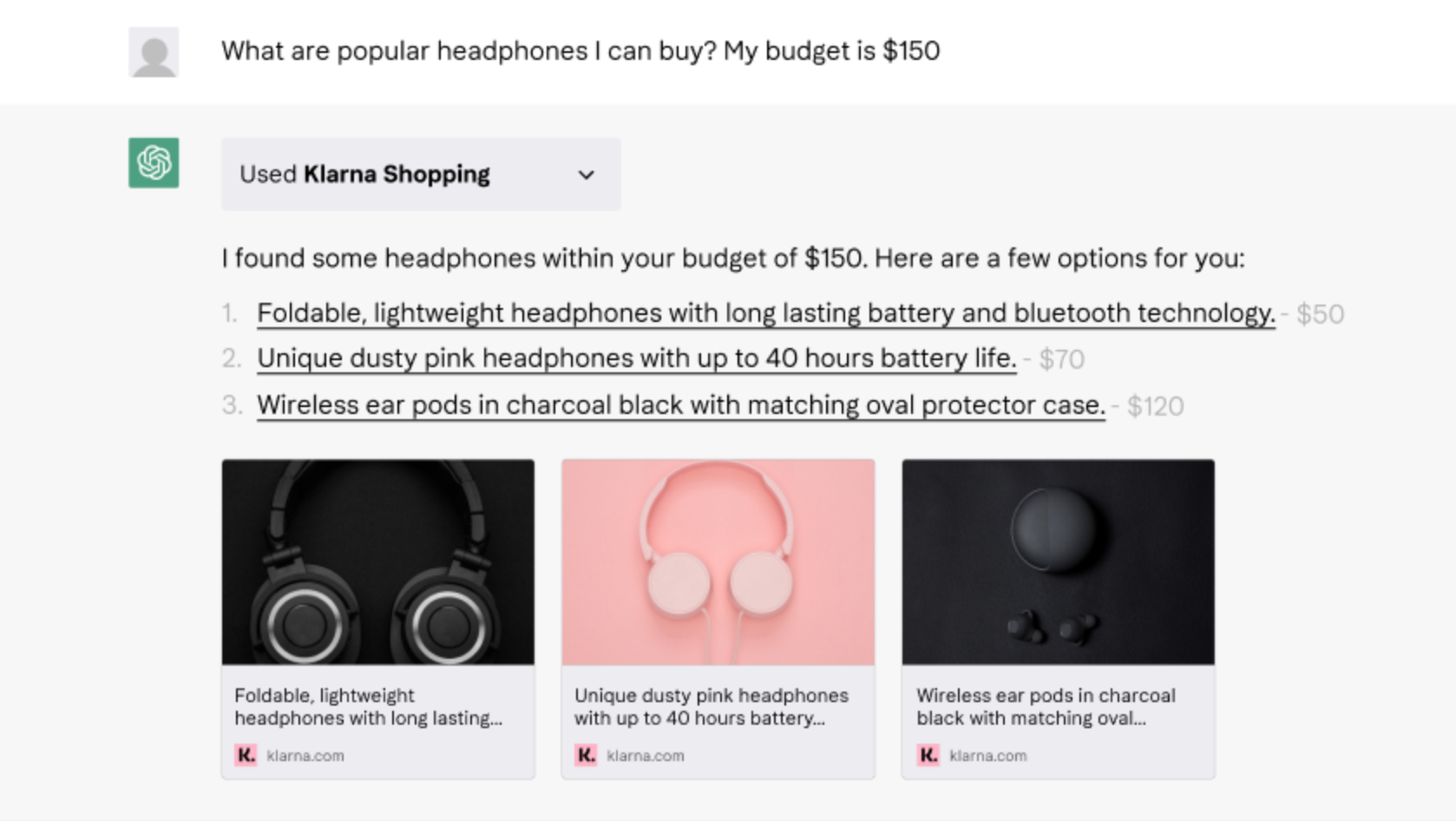
This week, Klarna Checkout, also known as KCO, announced its official rebrand as Kustom. The rebrand comes 12 years after the launch of Klarna Checkout, which at the time set a new standard for e-commerce in Northern Europe. The rebrand also arrives months after Klarna sold KCO to a consortium of investors led by BLQ Invest CEO and Founding Partner Kamjar Hajabdolahi.
“Klarna Checkout is very dear to me, and the impact it’s had on Klarna’s journey is immense,” Klarna CEO and Co-Founder Sebastian Siemiatkowski said in June when the divestment was announced. “I’m so pleased it’s finding a new home, with owners who are carefully handpicked to continue to create outstanding value for our merchant partners.”
A new home back then, and now, a new name. As Kustom, the digital checkout solution stands as one of the largest digital checkout providers in Europe. Kustom has 24,000 e-merchants and annual transaction volume of more than $14 billion (150 billion SEK). Kustom will focus on e-merchants and will add to its suite of payment methods, while keeping Klarna a key component of Kustom’s offering. Additionally, Kustom will focus on optimizing the checkout experience and building related services as opposed to offering its own payment methods or credit products.
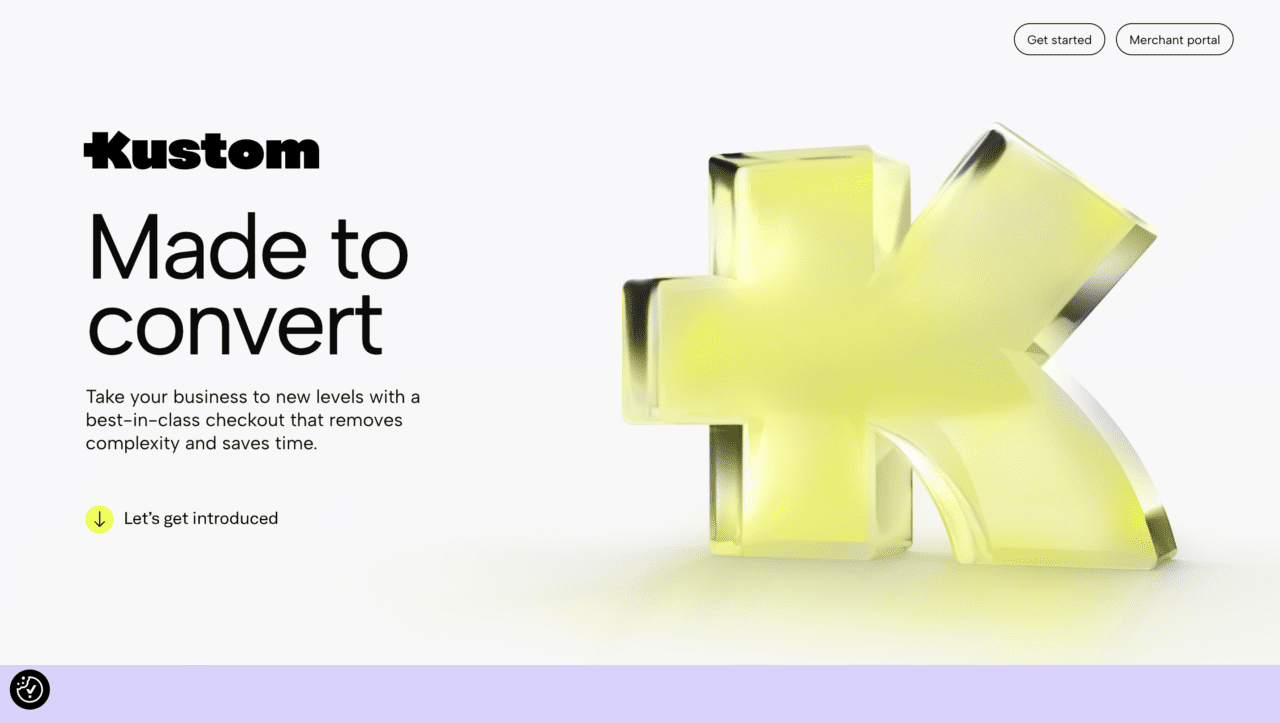
“Our full focus will now be on our merchants and continuing to develop this great product based on their needs,” Hajabdolahi said. “We have an incredibly strong customer base, we are profitable, and we have secured financing for strategic acquisitions, which provides an excellent foundation. In the coming months, we will put all our efforts into further developing our infrastructure to expand our offering in 2025, including the introduction of new payment methods.”
Here are a trio of top takeaways from the rebrand.
Kustom will start strong
The rebrand comes at a time of strength for the digital checkout platform. The solution has a market share of more than 40% in Sweden and more than 20% across the Nordics. Kustom will also benefit from its new owners who have been credited for their “Buy and Build” strategy when it comes to acquisitions.
Strategic partnership with Stripe
In addition to its rebrand announcement, Kustom also shared news of a new strategic partnership with payments innovator Stripe. Stripe’s platform will be instrumental to Kustom’s plans to introduce new features and payment methods for e-merchants, starting in the first half of 2025.
Continued collaboration with Klarna
Despite the summer sale and the autumn rebrand, Kustom will retain its relationship with Klarna and, in fact, plans to offer Klarna’s payment methods in the future. Also many of the personnel moves accompanying the rebrand reflect more continuation than separation. Jesper Eriksson, previously Country Manager for Klarna in Sweden, will become Chief Commercial Officer for Kustom. Rasmus Fahlander, previously Senior Product Director for Klarna Checkout, will become CPO. Alexander Olsson, former finance director for the U.S. at Klarna, will take the role of CFO.




